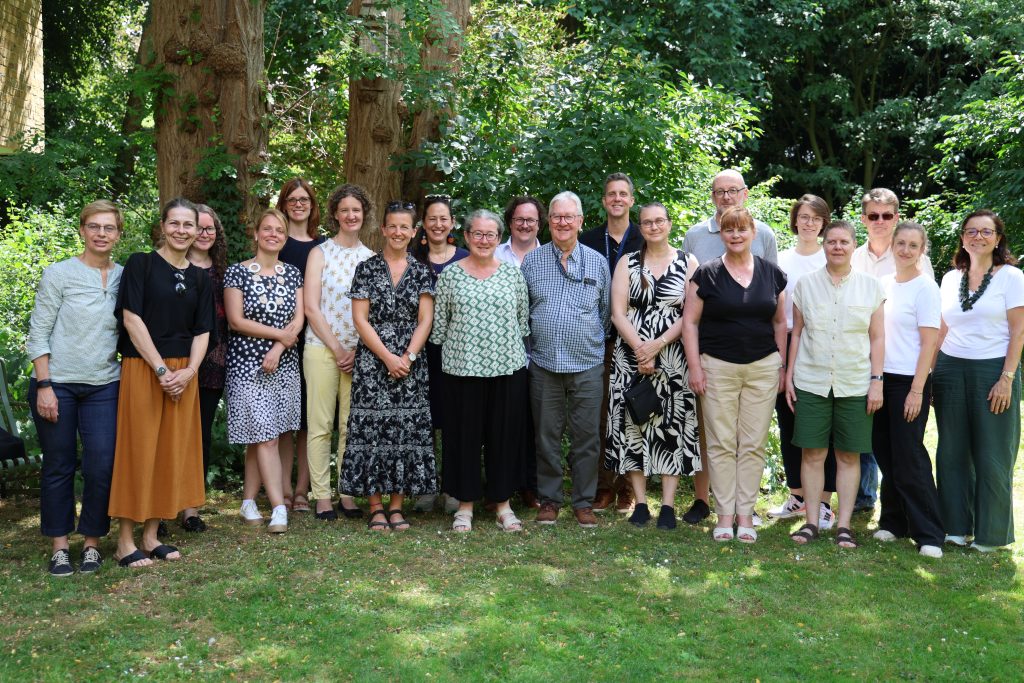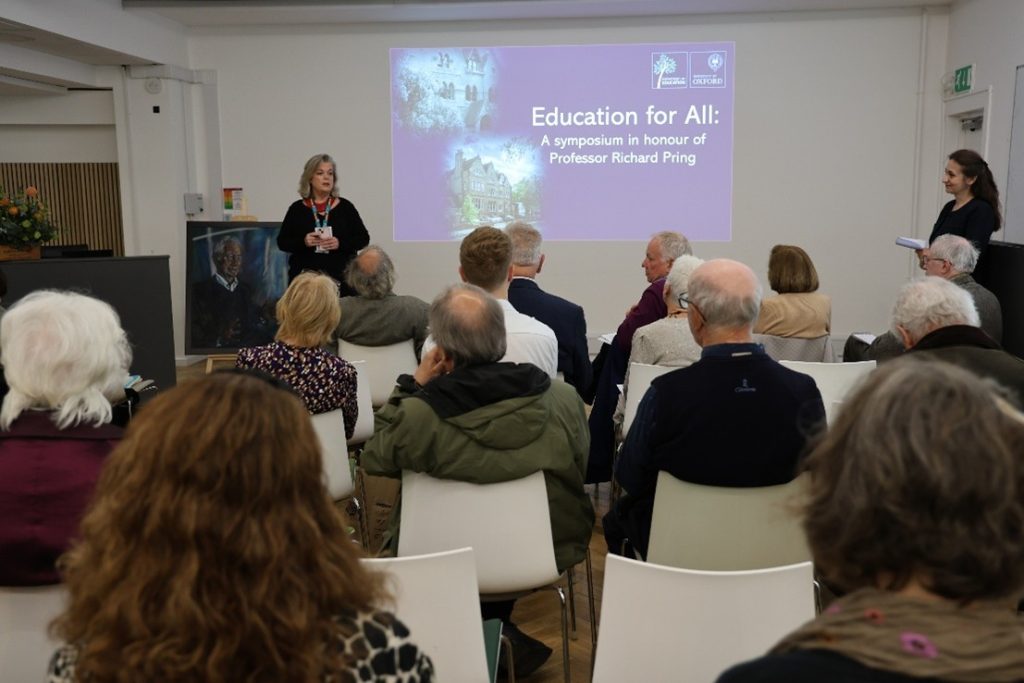The Church of England’s lead bishop for further and higher education, the Rt Revd Tim Dakin, has called for a public service covenant between the state and students studying for and entering the caring professions, who face crippling long-term debt and are unlikely to ever earn high salaries. The call made on 8 June was based on a wide ranging discussion with the department’s Revd Dr John Gay (Honorary Research Fellow).
Such a covenant would provide substantial help for those training to become nurses, teachers, youth workers or for social service roles by proposing to wipeout their student debt completely after their first years in the public service.
In the article, Bishop Dakin says “I am very concerned about student debt. It hits particularly hard those entering the public services. Many enter these professions out of a sense of idealism or vocation accepting that public service pay will never be high. They should not, additionally have to face crippling long term debt.
“New quality measures so far proposed are equating teaching excellence with the salary levels their graduates can expect to attain. This direction of assessment is a long way from my hope, expressed in my maiden speech in the House of Lords five years ago, that students should learn to co-operate as well as compete if they are to help build societies with social purpose.
“We have also seen the catastrophic effect marketization has had on part-time students. As a result of setting a purchase price for education by charging fees directly to the students, there has been a 60 per cent drop in part-time student numbers in the last decade.
As the Bishop of Winchester, Bishop Dakin is the 5th most senior bishop in England and has held the further and higher education brief for five years. Previously he had been Principal of a Further Education college in Nairobi and then managed a multi-national agency.
Dr Gay is currently researching the nature and role of the Anglican-related universities in England and Wales and the extent to which they still influenced by their Anglican foundations. These universities are the 12 which grew out of earlier teacher training colleges – Bishop Grosseteste Lincoln, Canterbury Christ Church, Chester, Chichester, Cumbria, Gloucestershire, Liverpool Hope, Marjon Plymouth, Roehampton London, University of Wales Trinity St David, Winchester and York St John; the two 19th century Anglican foundations of Durham and King’s College London; and the two ancient ecclesiastical foundations of Oxford and Cambridge.








